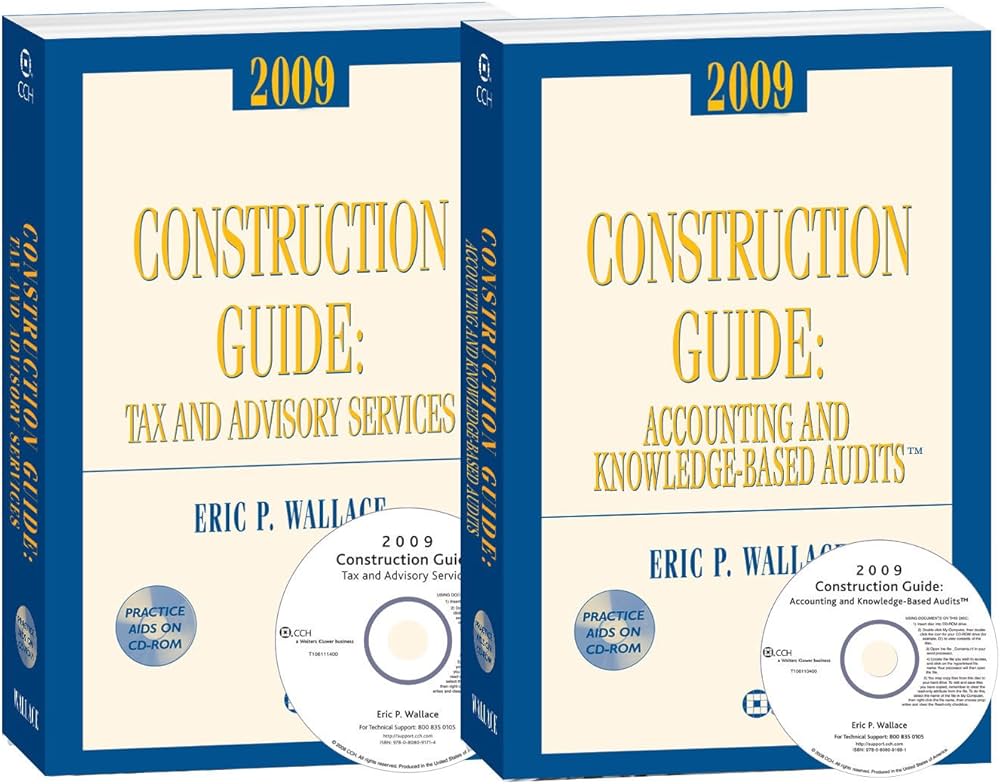What are Tangible Property Regulations(TPR)?
Tangible Property Regulations (TPR) are IRS rules that decide if costs spent on a building after it’s already in use should be capitalized (added to the property’s value and depreciated over time) or deducted immediately as a current expense.
These rules are taxpayer-friendly, offering opportunities for immediate tax deductions and allowing adjustments to be made for past years.
Our Clients
Our clients include: large and small CPA firms, owners of commercial buildings, industrial buildings, hotels/motels, gas stations, fast food chains, restaurants, banks, apartments, malls, etc.
Why it Matters?
If proper TPR criteria (IRS capitalization vs. repair and maintenance rules) isn't followed, and a work effort is capitalized in error, the IRS can disallow the remaining depreciation deductions on that asset, resulting in hefty tax penalties. However, by ensuring compliance, you can take advantage of substantial tax savings. Properly managing your property’s depreciation is essential to maximize your financial benefits and minimize risk. (For a free evaluation to make sure you are in compliance, click on the link below or scan the QR code.)
Example of TPR in Action
A landlord owns a 20-year-old commercial building with 10 tenant spaces. Over the years, they capitalized expenses for the following work efforts, that typically should not have been capitalized:
- Leasehold improvements (renovating tenant spaces).
- HVAC units (heating and cooling systems, where less than 35% of the total number of units or tonnage is replaced).
- A new roof (installed 15 years after purchase).
- ADA compliance upgrades (making the building accessible).
Why Choose TPTM?
TPR Focus
TPTM is the only firm dedicated to tangible property regulation compliance across the U.S.
Expert Tax Review
All projects are reviewed for tax accuracy by Eric P. Wallace, top CPA in construction and real estate.
CPA Guidance
Our CPAs guide you on reporting and recording cost segregation or TPR results.
IRS Forms Signed
Our staff CPA signs all IRS 3115 forms for compliance and accuracy.
Fast & Efficient
Projects are completed quickly with regular updates throughout the process.
Tax Court Defense
We defend our work all the way to the U.S. Tax Court for full assurance.
Experience
TPTM directly employs engineers with years of experience in cost segregation and TPR compliance.
“Beginning on January 1, 2014, ALL taxpayers are required to comply with the final regulations and are expected to change their accounting methods to implement the final regulations”.
– IRS.gov
Cost Segregation Studies vs TPR Studies
Cost Segregation is optional and can be performed at any time, at the time a building is purchased or constructed, or years afterwards. The TPRs, however, are mandatory. Taxpayers must “scrub” their depreciation schedules for prior capitalized work efforts and remove any work efforts that should not have been capitalized under the IRS TPR capitalization criteria. TPTM does this work while other cost segregation providers do not know how.
TPR Process
Tax Depreciation Schedule
Provide TPTM with your federal tax depreciation schedule and property addresses.
Analysis
TPTM will provide a comprehensive analysis to determine if a TPR Study is needed and provide expected tax deductions.
Engage
TPTM will provide an engagement letter and requires a 50% retainer to move forward.
Data Collection
Cost Segregation needed documentation typically includes appraisals, blueprints, closing documents, etc. while TPR additional information may include underlying facts and circumstances for the work efforts to HVAC inventory or contractor work descriptions.
Site Survey
For cost segregation a site visit will be scheduled, where the property will be photographed and surveyed and for a TPR Study, site visits may be needed for large buildings or expenditures.
Final Study
Your final study will be completed within a few weeks of data gathering. The IRS Form 3115 is signed by our CPAs.
BOOK A FREE CONSULTATION
Note: We do not seek to be your accounting firm, nor are we an annual tax-filing compliance firm. We specialize in TPR and Cost Studies and Method Changes for Large Service Providers. Our goals are to legally achieve large tax deductions or deferrals and to assist and work with your current CPA firm on those goals.
What is Cost Segregation?(optional)
Cost Segregation is an application by which commercial property owners accelerate depreciation and reduce the amount of taxes owed. This savings generates substantial cash flow that owners often use to reinvest in their business, purchase additional property, or apply to their principal payment.
How does Cost Segregation Work?
A Cost Segregation Study accelerates the depreciation of a building or renovation components into shorter depreciation categories. Decorative items such as carpet, molding, and interior windows can be moved from 39 or 27.5-year depreciation to a 5 or 7-year category. The 15-year category would include landscaping, hardscaping, site utilities, and paving also known as land improvements.
Taxpayer Savings via TPR Studies
- Three large hotels: $174,847,557
- America's largest family-owned mall owner: $29,562,836
- Large industrial building in Michigan: $16,879,901
- Boutique hotel in NYC: $14,170,899
- Strip Mall owner with properties in NY and NJ: $10,675,853
- Multi-unit apartments in the south: $6,474,740
- Commercial building owner (7 properties): $4,401,473
- Commercial buildings in Boston: $4,046,046
- Large Mall in Eastern US: $4,045,129
- Multiple apartment buildings in Boston: $3,802,075
- Bank with locations in California: $3,497,541
- Fast Food 36 Locations in Western State: $3,073,248
Our Expert

Eric P. Wallace, CPA
Eric P. Wallace, CPA, is a nationally recognized expert in tax, accounting, auditing, and consulting for the construction, real estate, and homebuilding industries. His work specifically focuses on tax method changes that provide significant tax deductions for the real estate and construction industry and their related owners. He has filed thousands of proved method changes that have resulted in over $300,000,000 in tax deductions.

Books by Eric P. Wallace
Handle tax, accounting and auditing issues for all types of construction-based firms and projects with this specially priced combo that includes both Construction Guide: Accounting and Knowledge-Based Audits and Construction Guide: Tax and Advisory Services. This specially priced duo provides the guidance you need to advise clients on how to maximize their bottom lines and minimize risk. Each title includes: Construction industry basics to help you get up to speed quickly. Advanced topics to keep specialists current in this complex practice area. Free companion CD with checklists, questionnaires, workpapers and reports for each book.
